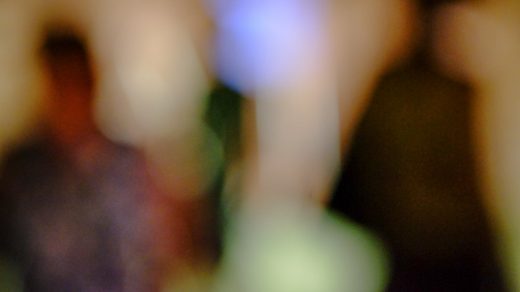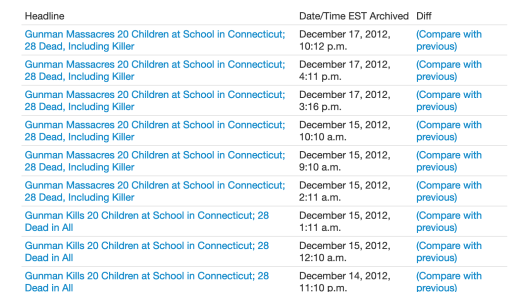Something that has popping up a lot on my mind lately is the feeling of being (dis)connected.
The English Cambridge Dictionary defines “connection” (feeling) as: “feeling that you understand, like, and are interested in someone or something.” Some related concepts are: appreciation, understanding and closeness. But personally, I also think it has a lot to do with interaction, agency and intimacy.
Clearly this abstract notion of connection may be difficult to describe, but it’s so innately instinctual to the human experience that we can immediately, undoubtedly and unmistakably identify when we feel it. It feels nice, light, and easy.
What makes us feel connected?
We, as humans, seek and are wired for connection. Connection with ourselves, with our loved ones, with the world around us. To environments, cultures, communities, activities, social behaviors, languages, and values. To what is alive, to what makes life life. To art, in all of its forms and shapes. To everything that can speak to us on a deeper level. With everything that makes us feel something. With that being said, I think we can all agree that connection also has a lot to do with the act of interacting with our thoughts, needs, emotions, and senses. But is that really all there is to it?
I think we can expand that to being heard, understood and seen. To the feeling of being safe, of belonging and creating our own little space in the world. It involves closeness and vulnerability. It has to do with choosing what and whom you engage with, with chasing a feeling or sensation. It’s about experiencing.
The more connection we feel, the happier we are.
On the other hand, the feeling of being disconnected is not so easily distinguishable and easy to deal with. It can feel empty, heavy, lonely and complicated. It’s oftentimes not understanding what is missing. But mainly, it’s like observing the world from the outside but not being able to experience it first-hand. Or maybe like someone is burning you with a hot iron but you simply can’t feel a thing. It’s like being here, but not really.
The digital medium and connection paradox
Thankfully, in this day and age we have the digital world. It can be a wonderful asset for connection and accessibility. We can go on multiple social media platforms to feel closer and more connected to our loved ones, to connect with people all over the globe, to find or to create our own community. To find new interests and nurture the ones we already have; to expand our perspectives on everything, to learn, to listen. It’s the perfect medium for self-expression.
Then why is it that, in our current western society, with all of its constantly advancing technologies and accessibility to (virtual) spaces, communities, content and tools, where it’s now easier than ever to engage with whatever it is you seek, we feel so disconnected and isolated?
We’re missing the “alive” element
There are experiences that are only exclusively and uniquely available online. Like being on Twitter when your favorite artist just dropped a new album, and getting to share that moment and emotion with hundreds of people around the world, who are so passionate and excited at that moment as you are, reading what everyone has to say about it. It just makes sense, it feels somewhat intimate, it does bring the feeling of connection, and it’s kind of awesome.
We could technically try to replicate that in person, except it wouldn’t be plausible, nor accessible, to have so many people, from so many different places in the world, casually gathering together somewhere to talk about, to freak out and scream and whatever else you do whenever you get a new album from your favorite artist. The closest thing we have to this is attending a concert, which is even more awesome, but those are two completely different experiences. It just isn’t the same; just like it isn’t the same thing to watch a clip of a concert, and being there live.
But lately, it seems we’ve been losing that kind of connection. Being on social media these days, and, in fact, on the internet in general, doesn’t exactly feel the same anymore, and it hasn’t been for a while. What’s up with that? What are we really missing?
We are no longer that free in the digital world. True, we can train the algorithms to feed us with what we want, so, yes, I guess we can say we can choose what we see. But only to a certain extent, because we all know the algorithm is made in such a way that manipulates what gets attention, and in turn, what is created and what reaches a larger audience; and that part, we have no access to. We don’t know how it works. And with that, goes part of our agency. We do know it tends to give preference to certain trends and behaviors, though. You see someone online saying they got something cool, but you don’t know if you can trust that statement because it’s very likely an ad. You connect the dots.
There’s also the rise of AI, which I think is the biggest issue here, although one reinforces the other. There’s just too much noise. You Google something, it’s hard not to find an AI generated blogpost in the top 5 results. You go on social media, you see AI influencers, ads, pictures, and so on. There’s even dating apps with AIs, and a private social media platform called SocialAI that only allows you to interact with and see content from AIs. There’s almost no real interaction there anymore. It’s not that practical and useful, and frankly, it’s scary.
It seems as though the internet is no longer a medium for humans to connect with each other, but a medium to propagate the artificial and the capital.
I wonder if this movement will continue to intensify in the next years, or if we are reaching a plateau effect where people are becoming aware of these things, and hopefully, bringing in new, and back, some of the elements of connection we used to have online.




Recent Comments